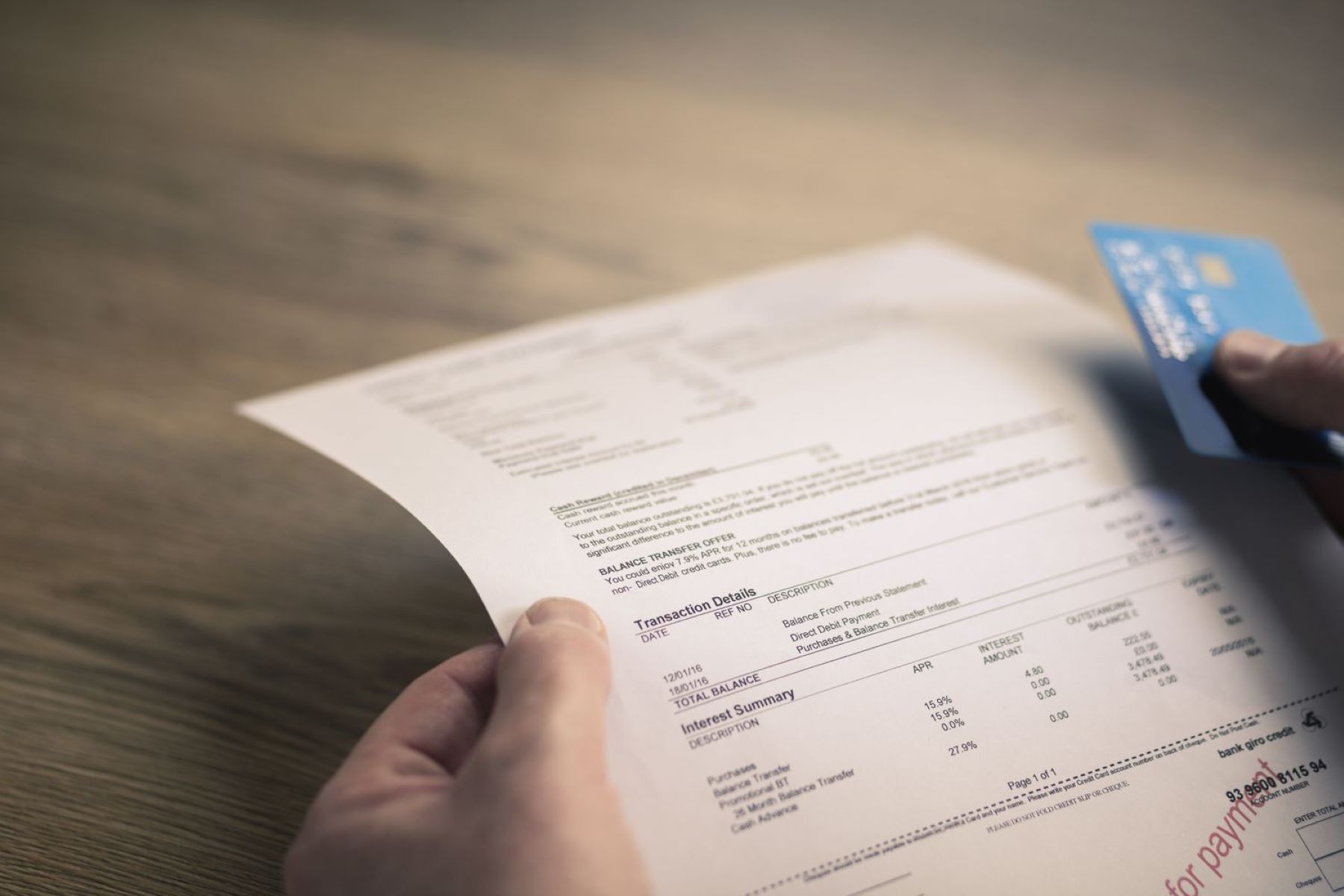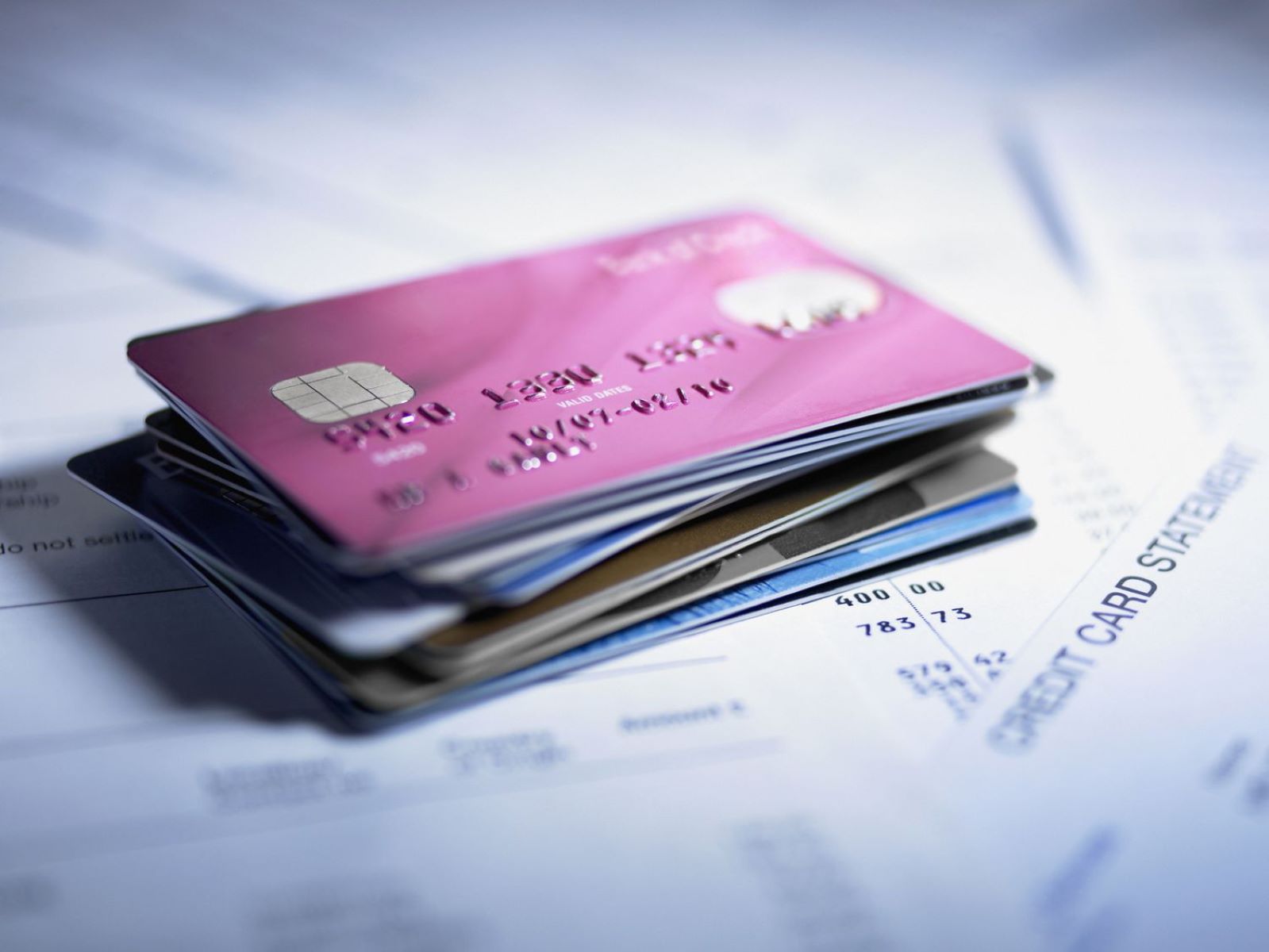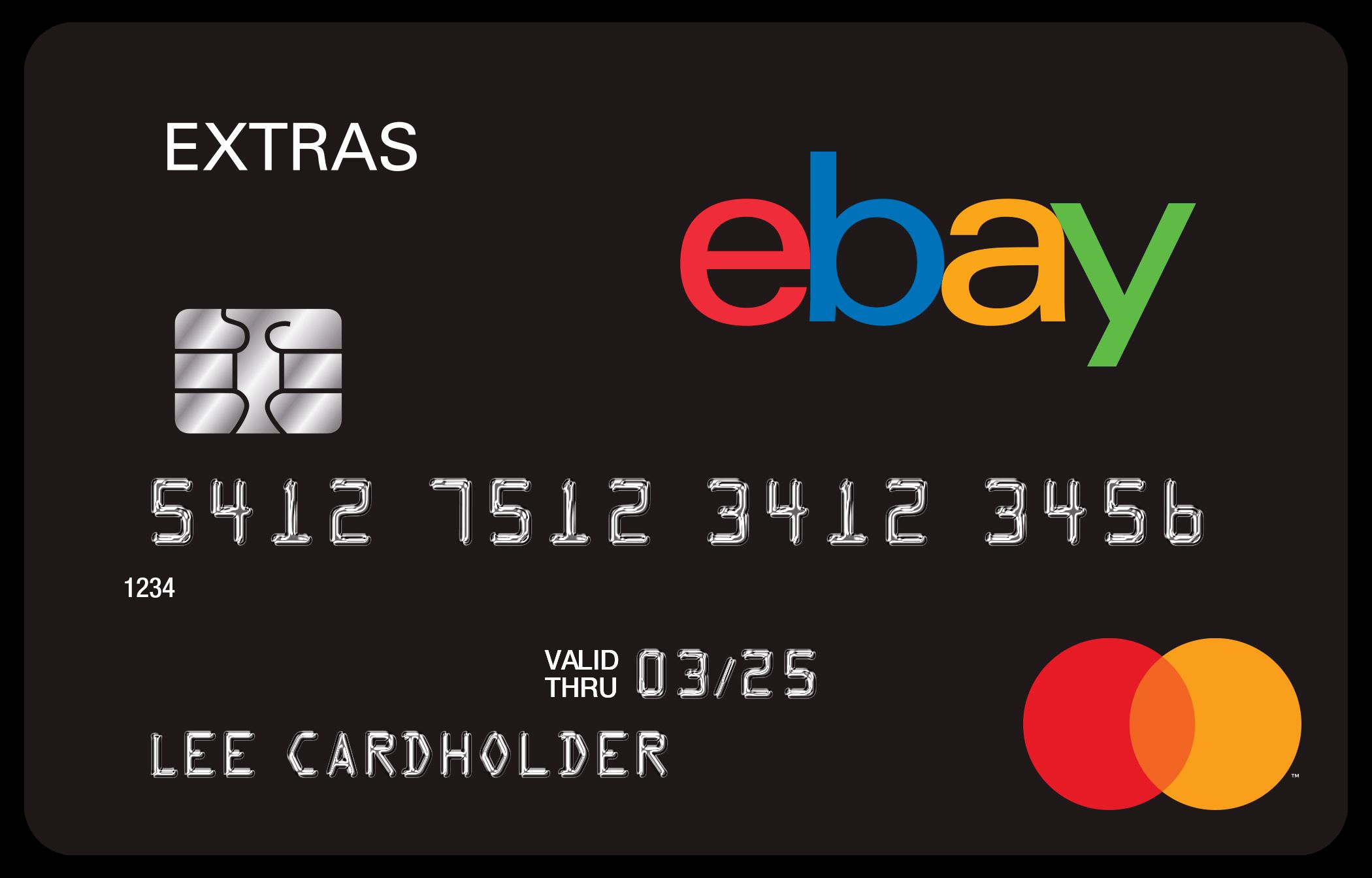

Finance
How Long Can A Credit Card Charge Be Pending
Modified: February 25, 2024
Discover how long a credit card charge can remain pending and find out how it affects your finances.
(Many of the links in this article redirect to a specific reviewed product. Your purchase of these products through affiliate links helps to generate commission for LiveWell, at no extra cost. Learn more)
Table of Contents
Introduction
Credit cards have become an essential financial tool for many individuals. They offer convenience, security, and various benefits such as rewards programs and cashback incentives. However, one common issue that cardholders may encounter is a pending charge on their credit card statement. Pending charges can often lead to confusion and concern, leaving many wondering how long these charges can remain in limbo.
In this article, we will delve into the world of pending charges and provide you with a comprehensive understanding of their duration and implications. We will explore the factors that can affect how long a credit card charge remains pending, as well as the impact it can have on your credit card account. Additionally, we will discuss strategies for handling pending charges and offer tips to avoid them in the future.
So, if you’ve ever experienced a pending charge on your credit card statement and had questions about its duration and consequences, you’ve come to the right place. Let’s dive in and unravel the mysteries of pending credit card charges.
Understanding Pending Charges
Before we discuss how long a credit card charge can be pending, it’s important to understand what a pending charge actually is. When you make a purchase with your credit card, the transaction goes through a series of stages before it is finally posted to your account.
The first stage is the authorization process. This occurs when you make a purchase and the merchant sends a request to your credit card issuer to confirm whether your card has enough available credit to cover the transaction. During this stage, the charge is considered pending, meaning it has been authorized but has not yet been fully processed.
After the initial authorization, the transaction moves into the processing stage. Here, the merchant submits the transaction for settlement, and the credit card issuer deducts the amount from your available credit. At this point, the pending charge becomes a posted transaction and will appear on your credit card statement.
It’s important to note that not all pending charges will ultimately become posted transactions. In some cases, the authorization may expire, and the pending charge will disappear from your statement. This can happen if the merchant does not submit the transaction for settlement within a certain timeframe or if the transaction is canceled or declined.
Now that we have a clear understanding of what pending charges are, let’s explore how long they can remain in this limbo state.
How Long Can a Credit Card Charge Be Pending?
The duration for which a credit card charge can remain pending varies depending on several factors. Generally, pending charges can last anywhere from a few hours to several days. However, in some cases, they might persist for even longer periods.
One of the primary factors influencing the duration of a pending charge is the merchant’s settlement process. Merchants typically have a certain timeframe within which they need to submit the transaction for settlement. This can range from a few hours to a few days, depending on the merchant’s agreement with their payment processor. If the merchant fails to settle the transaction within this timeframe, the pending charge may disappear from your statement.
Additionally, the specific policies of your credit card issuer can also impact the length of time a charge remains pending. Some credit card issuers have shorter pending periods and may automatically remove pending charges after a certain number of days if they have not been settled. Other issuers may have longer pending periods, especially for larger transactions or purchases made outside of your usual spending patterns.
Furthermore, the type of transaction can influence the duration of a pending charge. For example, in-person transactions made with a physical card typically have shorter pending periods compared to online or phone transactions. This is because online and phone transactions often require additional security measures, such as verification processes, which can lengthen the pending period.
It’s worth noting that pending charges can occasionally last beyond the usual timeframe due to unforeseen circumstances, such as technical glitches or delays in the settlement process. However, these instances are relatively rare and usually rectified within a reasonable period.
Overall, while there is no exact timeline for how long a credit card charge can be pending, it is typically resolved within a few days. If you notice a pending charge that persists for an unusually long period or if you have concerns about a specific transaction, it is advisable to reach out to your credit card issuer for clarification and assistance.
Factors Affecting Pending Charges
Several factors can influence the duration and handling of pending charges on your credit card statement. These factors can vary from the merchant’s settlement process to the policies of your credit card issuer. Understanding these factors can provide insight into why some pending charges may take longer to resolve than others.
1. Merchant’s Settlement Process: The timeframe within which a merchant settles a transaction can greatly impact the duration of a pending charge. Some merchants settle transactions promptly, submitting them for settlement within a few hours. Others may have longer settlement periods, especially for certain types of transactions or high-value purchases. If a merchant delays settling an authorized transaction, the pending charge may persist on your credit card statement.
2. Credit Card Issuer’s Policies: Each credit card issuer has its own policies regarding pending charges. Some issuers automatically remove pending charges after a certain number of days if they haven’t been settled by the merchant. Others may allow pending charges to remain on your statement for an extended period, especially for larger transactions or transactions deemed potentially risky. Familiarize yourself with your credit card issuer’s policies to understand how long pending charges may last on your statement.
3. Type of Transaction: The nature of the transaction can also impact the duration of a pending charge. In-person transactions made with a physical card typically have shorter pending periods. Online or phone transactions, on the other hand, may require additional verification processes or may involve multiple parties, which can contribute to a longer pending period. Understanding the transaction type can provide insight into why a specific charge is remaining pending for a longer duration.
4. Weekends and Holidays: Pending charges that occur during weekends or holidays may experience delays in settlement due to adjusted business hours or limited processing capabilities. As a result, pending charges made during these periods may take longer to resolve. It’s important to factor in these potential delays when considering how long a pending charge may remain on your statement.
5. Technical Glitches or System Issues: Occasionally, technical glitches or system issues can occur during the transaction process, leading to prolonged pending periods. These issues can be related to the merchant’s payment processing system, the credit card issuer’s network, or even connectivity issues. While these instances are relatively rare, they can contribute to longer pending periods for specific charges.
It’s essential to keep in mind that while these factors can influence pending charges, most pending charges are resolved within a few days. If you have concerns about a specific pending charge that has persisted for an unusually long period, it is advisable to reach out to your credit card issuer for further clarification and assistance.
Effects of Pending Charges on Your Credit Card Account
Pending charges on your credit card account can have several effects that are important to be aware of. While these charges do not immediately impact your available credit, they can still have implications for your overall financial management and creditworthiness.
1. Temporary Reduction in Available Credit: When a charge is pending, the authorized amount is typically deducted from your available credit. This means that the pending charge temporarily reduces the amount of credit you can utilize for other purchases until the transaction is settled or expires. It’s important to keep this reduction in mind when planning your spending and managing your credit card balance.
2. Potential Overdraft or Account Balance Confusion: Pending charges can sometimes cause confusion, especially if you’re not tracking your expenses carefully. If you are unaware of pending charges, you might mistakenly believe you have more funds available in your account than you actually do. This can lead to accidental overspending or overdrawing your account, resulting in fees or declined transactions.
3. Delayed Credit Card Balance Updates: Depending on the timing of your credit card statement and the settlement of pending charges, there may be delays in updating your credit card balance. This can make it challenging to accurately track your spending and manage your payment obligations. It’s important to take into account these delays and monitor your statement regularly to avoid any surprises or missed payments.
4. Impact on Credit Utilization Ratio: Your credit utilization ratio, which is the percentage of your available credit that you are using, is an important factor in calculating your credit score. Pending charges can temporarily increase your credit utilization ratio since they reduce the available credit without actually being posted transactions. If your credit utilization ratio becomes too high, it can have a negative impact on your credit score.
5. Potential for Disputes or Unauthorized Charges: In some cases, pending charges may be the result of unauthorized or fraudulent activity on your credit card. It’s crucial to regularly review your credit card statement for any suspicious or unfamiliar pending charges. If you notice any unauthorized charges, it is essential to report them to your credit card issuer immediately to initiate the dispute process and protect your account.
Understanding the effects of pending charges on your credit card account allows you to be proactive in managing your finances. By keeping track of your pending charges, monitoring your credit card balance, and addressing any issues promptly, you can maintain control over your credit card usage and protect your overall financial well-being.
How to Handle Pending Charges
When you notice a pending charge on your credit card statement, it’s important to handle it correctly to ensure your financial well-being and maintain control over your credit card account. Here are some steps you can take to effectively handle pending charges:
1. Monitor Your Credit Card Account Regularly: Stay vigilant and regularly review your credit card account and statements to identify any pending charges. This will help you stay aware of your current financial obligations and detect any unauthorized or fraudulent activity early on.
2. Keep Track of Settlement Periods: Familiarize yourself with the typical settlement periods for different types of transactions and merchants. Understanding the expected timeframe can help you determine if a pending charge has exceeded its usual duration and needs further attention.
3. Gather Relevant Information: Take note of the transaction details, such as the merchant’s name, purchase amount, and date. This information will be useful if you need to dispute the charge or contact your credit card issuer for assistance.
4. Contact the Merchant: If a pending charge seems unusual or you have concerns about its legitimacy, reach out to the merchant directly. Inquire about the status of the transaction and ask for clarification or resolution. Sometimes, a pending charge can be resolved directly with the merchant without involving your credit card issuer.
5. Communicate with Your Credit Card Issuer: If you’re unable to resolve the pending charge with the merchant or have concerns about its validity, contact your credit card issuer. They can provide guidance on how to handle the situation and initiate the dispute process, if necessary.
6. Consider Disputing the Charge: If you believe a pending charge is unauthorized, fraudulent, or the result of a mistake, you have the right to dispute it. Notify your credit card issuer promptly, provide them with the necessary details and documentation, and follow their instructions for the dispute resolution process.
7. Be Patient and Follow Up: In some cases, pending charges may take time to be resolved. Exercise patience and allow the necessary processes to unfold. Follow up regularly with your credit card issuer and maintain documentation of your communication for future reference.
By taking these proactive steps and effectively handling pending charges, you can protect your finances, maintain control over your credit card account, and ensure your overall financial well-being.
Disputing a Pending Charge
When you encounter a pending charge on your credit card statement that you believe is unauthorized, fraudulent, or the result of a mistake, it’s important to take action and dispute the charge. Disputing a pending charge involves notifying your credit card issuer of the issue and providing the necessary information to initiate the dispute resolution process. Here’s a step-by-step guide on how to dispute a pending charge:
1. Gather Supporting Documentation: Before contacting your credit card issuer, gather any relevant documentation related to the pending charge. This may include receipts, order confirmation emails, shipping information, or any other evidence that supports your claim.
2. Review Your Credit Card’s Terms and Conditions: Familiarize yourself with your credit card’s terms and conditions regarding disputes. Understand the specific requirements, timelines, and procedures outlined by your credit card issuer for disputing charges.
3. Contact Your Credit Card Issuer: Reach out to your credit card issuer’s customer service department via phone, email, or online chat. Inform them of the pending charge in question and explain why you believe it should be disputed. Be prepared to provide all the necessary details, including the transaction amount, date, merchant information, and why you believe the charge is unauthorized or erroneous.
4. Follow the Instructions: Your credit card issuer will guide you on the next steps to take for disputing the pending charge. They may require you to fill out a dispute form or provide additional documentation. Carefully follow their instructions and provide all the requested information promptly to ensure a smooth resolution process.
5. Keep Records and Follow Up: Maintain detailed records of all communication with your credit card issuer regarding the dispute. This includes dates, times, the names of representatives you speak to, and any reference numbers provided. If there are delays or issues in the resolution process, follow up with your credit card issuer to ensure progress is being made.
6. Stay Informed: Stay updated on the status of your dispute and the actions taken by your credit card issuer. They will inform you of the outcome once the investigation is complete. If the pending charge is determined to be unauthorized or erroneous, your credit card issuer will remove it from your statement and credit your account.
It’s important to note that while disputing a pending charge, you are still responsible for paying the rest of your credit card statement balance on time. Ensure you make the minimum payment or the payment required by your credit card issuer to avoid penalties or negative impacts on your credit score.
By following these steps and effectively disputing a pending charge, you can protect your finances and resolve any unauthorized or erroneous charges on your credit card statement.
Tips to Avoid Pending Charges
While pending charges are a common occurrence with credit cards, there are ways to minimize their occurrence and potential impact on your account. By implementing these tips, you can navigate your credit card usage more effectively and reduce the chances of encountering pending charges:
1. Keep Track of Your Transactions: Stay on top of your credit card transactions by regularly reviewing your account activity. Whether through online banking, mobile apps, or monthly statements, monitoring your transactions allows you to quickly identify and address any discrepancies or unauthorized charges.
2. Maintain a Budget: Establish a realistic budget and spending plan to ensure you only make purchases within your means. By having a clear understanding of your financial situation, you can avoid overspending and minimize the likelihood of pending charges due to insufficient funds.
3. Be Cautious with Pre-Authorizations: Some merchants, especially in the hospitality and travel industries, may place pre-authorization holds on your credit card. These holds temporarily reduce your available credit. Be mindful of this and plan your spending accordingly to prevent any inconvenience caused by pending charges.
4. Keep Payment Information Up to Date: Make sure your credit card issuer has your accurate and current contact information. This includes your mailing address, email address, and phone number. If there are any issues with a transaction or pending charge, prompt communication from your credit card issuer is crucial.
5. Double-Check Online Purchases: When making online transactions, particularly with unfamiliar websites or sellers, exercise caution. Verify the website’s security measures, read reviews, and ensure you are providing your credit card information on a trusted and secure platform to reduce the risk of fraudulent charges.
6. Communicate with Merchants: If you encounter a pending charge that seems incorrect or unfamiliar, contact the merchant directly to seek clarification or resolve the issue. Misunderstandings or errors can often be resolved by simply communicating with the merchant before escalating the matter further.
7. Update Recurring Payments: If you have recurring payments set up on your credit card, such as subscriptions or auto-bill payments, regularly review and update them as needed. This ensures that all approved charges are processed correctly and eliminates the possibility of delays or discrepancies in pending charges.
8. Opt for E-Statements and Notifications: Enroll in electronic statements and notifications from your credit card issuer. This allows you to receive real-time updates about your credit card activity, including pending charges. Staying informed can help you address any issues promptly and prevent surprises on your statement.
By implementing these tips, you can optimize your credit card usage, reduce the occurrence of pending charges, and maintain better control over your financial transactions and account balance.
Conclusion
Pending charges on credit card statements can cause confusion and concern for cardholders. Understanding the duration and effects of these charges is crucial for maintaining control over your credit card account and managing your finances effectively.
We have explored the concept of pending charges, understanding that they occur during the authorization and processing stages of a transaction. While the exact duration of a pending charge can vary, it is typically resolved within a few days. Factors such as the merchant’s settlement process, credit card issuer policies, and the type of transaction can influence how long a charge remains pending.
Pending charges may temporarily reduce your available credit and impact your credit utilization ratio. It’s important to stay vigilant and monitor your credit card statements regularly to avoid potential overdrafts or confusion. Delays in credit card balance updates or unresolved pending charges can disrupt your financial management and creditworthiness.
To handle pending charges effectively, we discussed the importance of monitoring your credit card account, understanding settlement periods, contacting the merchant or credit card issuer when necessary, and, if needed, disputing unauthorized or erroneous charges. By following these steps, you can protect your financial well-being and maintain control over your credit card account.
Lastly, we provided tips to avoid pending charges, including keeping track of transactions, maintaining a budget, being cautious with pre-authorizations, updating payment information, communicating with merchants, and staying informed through e-statements and notifications. Implementing these tips can reduce the likelihood of encountering pending charges and help you navigate your credit card usage more confidently.
In conclusion, while pending charges are a common occurrence, they can be managed effectively by staying informed, being proactive, and taking the necessary steps to address any issues promptly. By doing so, you can maintain control over your credit card account, protect your financial well-being, and enjoy the benefits of using a credit card responsibly.














